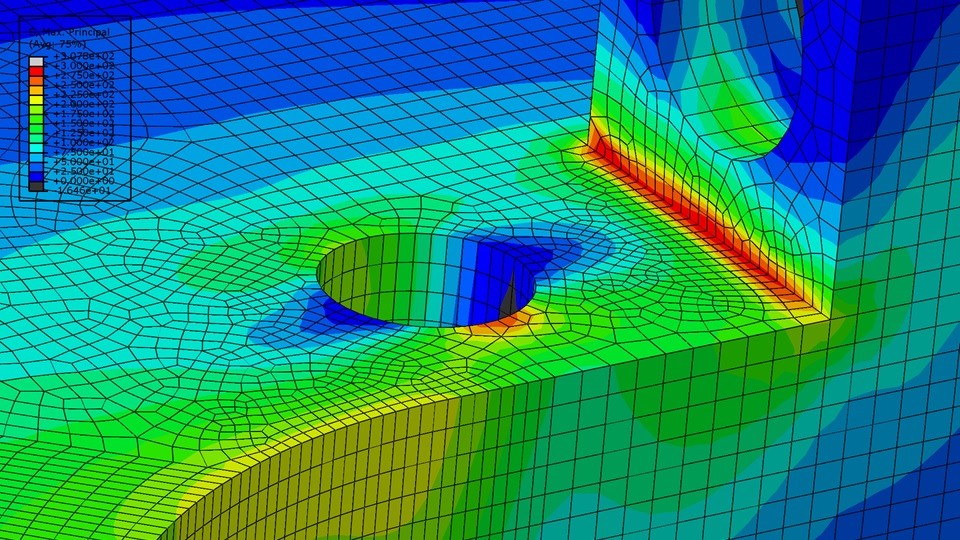Marine Sediment Elemental Testing
The analysis of marine sediments to identify elemental composition is a critical process in environmental monitoring, resource management, and pollution control. This service is designed to help laboratories and researchers understand the elemental makeup of sediments from various marine environments, including coastal waters, estuaries, and open seas.
Our laboratory specializes in providing precise and reliable elemental analysis for marine sediments using advanced analytical techniques such as Inductively Coupled Plasma Mass Spectrometry (ICP-MS), X-ray Fluorescence (XRF), and Energy Dispersive Spectroscopy (EDS). These methods allow us to detect trace elements, heavy metals, and other chemical constituents that are essential for assessing environmental health and compliance with regulatory standards.
The importance of this testing cannot be overstated. Elemental analysis helps in identifying potential contamination sources, evaluating the effectiveness of remediation efforts, and determining the suitability of marine sediments for various uses such as construction materials or agricultural applications. By providing accurate and timely results, our service ensures that stakeholders can make informed decisions regarding environmental protection and resource utilization.
In terms of specimen preparation, samples are typically collected using standardized protocols to ensure consistency and accuracy. Once received at the laboratory, they undergo rigorous cleaning procedures followed by digestion in appropriate reagents depending on the target analytes. The choice of digester depends on factors like sample matrix and elemental species being sought after.
For accurate measurements via ICP-MS or XRF, it's crucial to have homogenized samples free from particulates which could interfere with instrumental readings. After digestion, solutions are diluted appropriately before injection into the instrument for quantification. The type of dilution factor varies based on expected concentration levels within the sample matrix.
The equipment used in our laboratory is state-of-the-art and adheres to international standards such as ISO/IEC 17025 ensuring precision, accuracy, and reliability in all results generated from marine sediment elemental testing. Compliance with these stringent quality assurance measures guarantees that clients receive high-quality data which can be confidently used for regulatory submissions or internal reports.
Our team of experienced analysts ensures that each test adheres to recognized standards like those prescribed by ISO 17025, ASTM E691, and EN 1483. These guidelines provide a framework for ensuring consistent methodology across different laboratories performing similar analyses which enhances comparability between results obtained from various facilities.
By leveraging our expertise in marine sediment elemental testing, organizations can gain valuable insights into the composition of their samples. This knowledge is invaluable when it comes to addressing environmental concerns or optimizing resource management strategies.
Industry Applications
| Application Area | Description |
|---|---|
| Environmental Monitoring | Detecting pollutants and tracking changes in marine ecosystems over time. |
| Regulatory Compliance | Ensuring adherence to local, national, and international environmental regulations. |
| Pollution Control | Evaluating the effectiveness of mitigation strategies implemented by industries or governments. |
| Resource Management | Assessing the suitability of marine sediments for different uses such as construction materials. |
| R&D in Marine Science | Supporting scientific research aimed at understanding marine processes and interactions within ecosystems. |
| Forensic Analysis | Determining the origin of sediment samples collected from crime scenes or accident sites. |
| Environmental Impact Assessments (EIAs) | Evaluating potential impacts on marine environments before major projects are undertaken. |
| Health and Safety Evaluations | Assessing risks associated with exposure to certain elements found in marine sediments. |
Eurolab Advantages
At Eurolab, we pride ourselves on offering unparalleled expertise and precision in marine sediment elemental testing. Our advanced instrumentation coupled with highly trained analysts ensures that every sample receives the utmost attention to detail.
We employ cutting-edge technologies such as ICP-MS, XRF, and EDS which allow us to detect even the smallest concentrations of elements present within sediments. This level of sensitivity is crucial when dealing with trace contaminants or rare earth metals often found in marine environments.
The accuracy and repeatability achieved through our rigorous quality assurance processes make Eurolab a preferred choice for clients seeking reliable data across diverse industries including environmental protection agencies, research institutions, government bodies, and private sector enterprises involved in resource extraction activities.
Our commitment to excellence extends beyond technical capabilities; it also encompasses exceptional customer service. From initial consultation through final report delivery, our goal is to ensure that each client receives the support they need throughout every step of the testing process.





